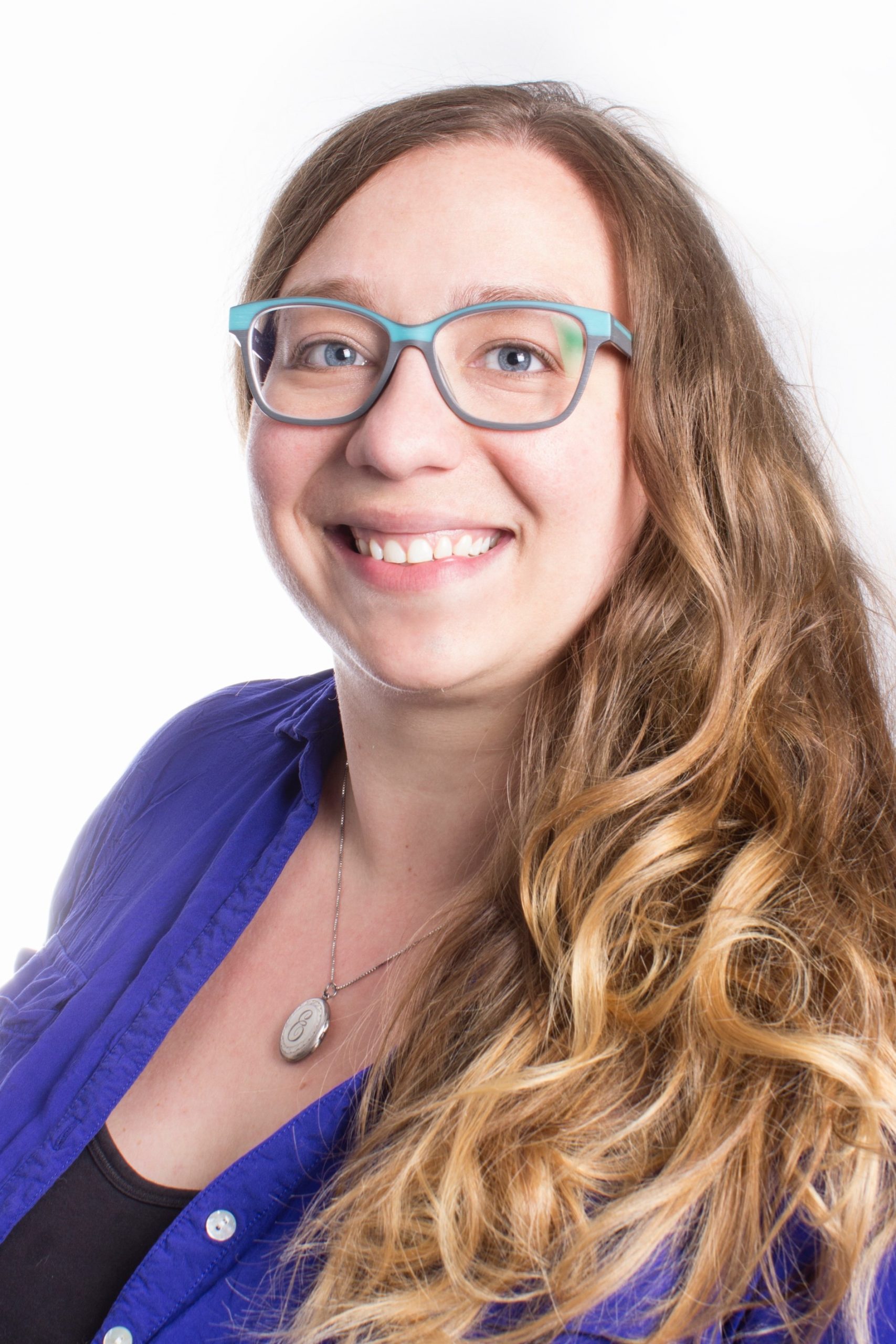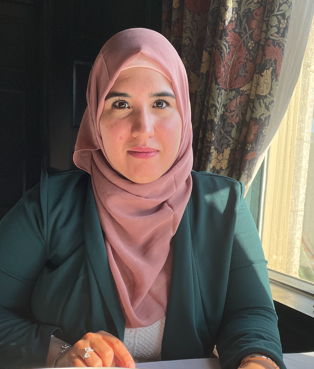
By
Ellen Watson and Sarah Ragoub
November 2023
Print Version
What you need to know
Science teachers are often unfamiliar with the underpinning ideas of their discipline—the history (HoS), philosophy (PhoS), and nature (NoS) of science—and hold naïve beliefs about the epistemology of science. One aspect contributing to the development of science teachers’ beliefs is their formal education.
We conducted an environmental scan, looking at publicly posted course descriptions, of those Canadian institutions offering degrees leading to the qualification of secondary science teachers.
Why this research is important
Students’ beliefs about science are highly influenced by those beliefs espoused by their teachers. However, science teachers may hold misconceptions about the HoS, NoS, and/or PhoS. As one example, it is quite common for teachers to hold the misconception that science knowledge is discovered when philosophers of science have largely accepted that science knowledge is a human-invented explanation of a discovered phenomenon. In our experience with science methods courses across five Canadian undergraduate programs, we noted a lack of deep engagement with the HoS, NoS, or PhoS. To bring this issue to light, the representation of HoS, NoS, and PhoS in science education must be considered.
How the research was conducted
We conducted an environmental scan of the inclusion of the HoS, NoS and PhoS in science education across Canada. Focusing on the following questions: (1) do Canadian science education pre-service teacher programs engage students with the HoS, NoS, and PhoS? and (2) at what point in their education do pre-service science teachers formally engage with these ideas? Data was collected in the spring of 2023 from the public websites and course calendars available on post-secondary institutions’ websites. Further, we looked at admissions requirements and the structure of programs aimed at preparing future secondary science teachers at Canadian institutions. We then specifically noted whether the courses were listed as content courses or education courses.
What the researchers found
We identified 66 programs that prepared secondary science educators at 52 universities. Programs aimed at training future science teachers across Canada fell into two categories: (a) non-direct entry programs (n = 46) and (b) direct entry programs (n = 20). In non-direct entry programs, students enter education after completing post-secondary prerequisites, often a degree. Direct entry programs have students taking education courses alongside their content (i.e., science) courses. All programs offered at least one science methods course focused on how to teach science.
Almost half of Canadian universities (23 of 52) include the NoS, HoS, or PhoS in their science methods course descriptions. The NoS (23 of 52) was included in science methods courses far more often than the HoS (5 of 52) or the PhoS (2 of 52). Of the 23 universities that included the NoS as a topic in their science methods courses, 17 of these 23 explicitly used the phrase “the nature of science.”
Canadian secondary science education programs were less likely to include the HoS, NoS, or PhoS in their science content courses—those requirements necessary for science methods courses. 11 of 66 programs required courses that included the HoS or PhoS in their content courses: four of 20 direct entry programs and seven of 46 non-direct entry programs. It was not commonplace for students to take courses aimed at teaching the HoS, NoS, or PhoS before taking their science methods courses in education.
How this research can be used
The NoS is emphasized in many Canadian science curriculum documents as an important aspect of developing scientific literacy. This research addresses its presence and frequency in Canadian science education programs and informs the development of science teacher education and the preparation of science curriculum documents.
Acknowledgements
This study has been funded by a New Investigator Operating Grant awarded by Research Manitoba.
About the Researchers
Keywords
- epistemology of science
- pre-service teachers
- secondary science education programs
Editor: Christiane Ramsey
Read more BU Research
Research at Brandon University follows comprehensive policies designed to safeguard ethics, to ensure academic integrity, to protect human and animal welfare and to prevent conflicts of interest.


